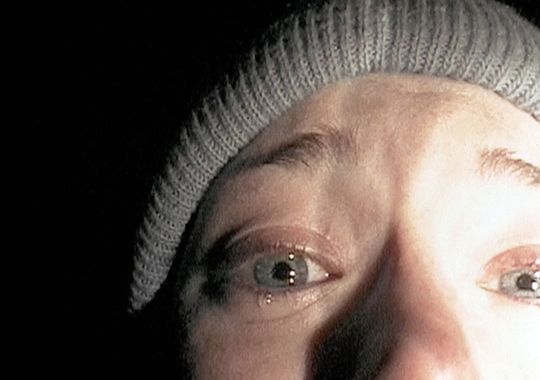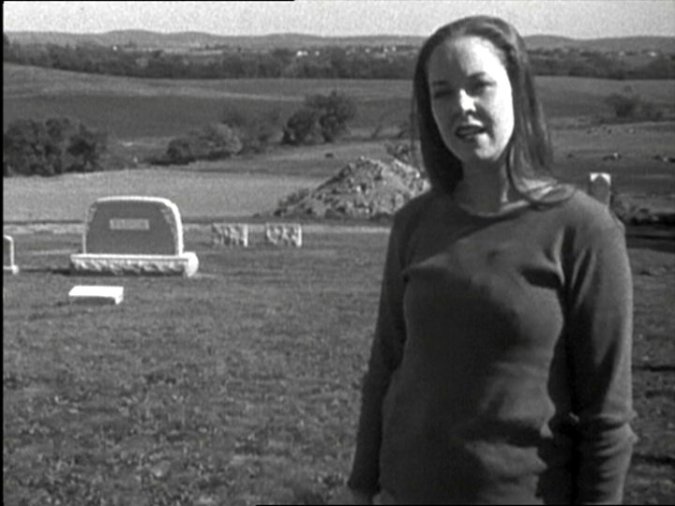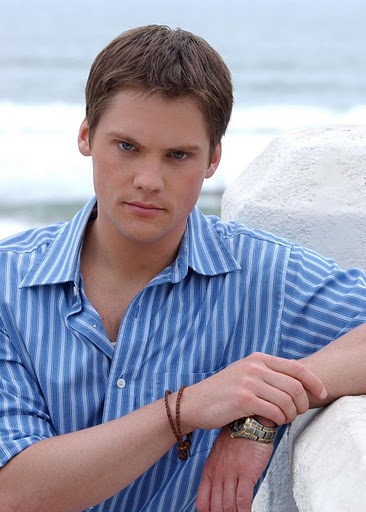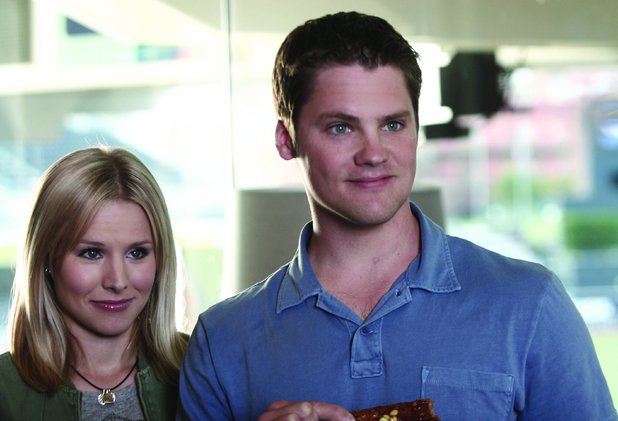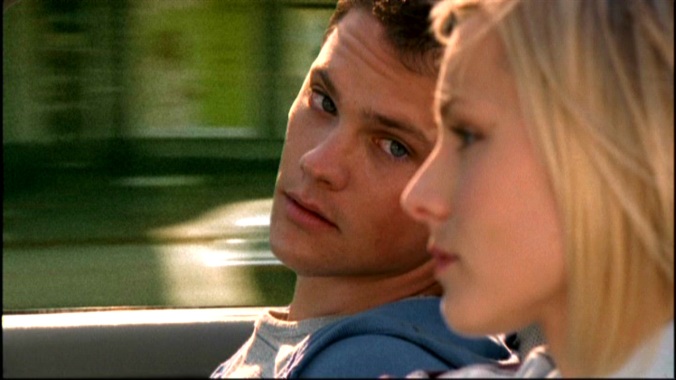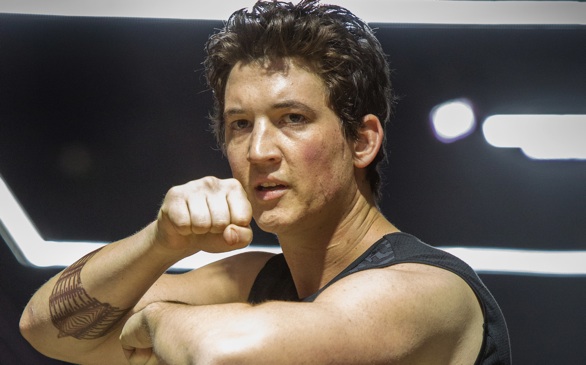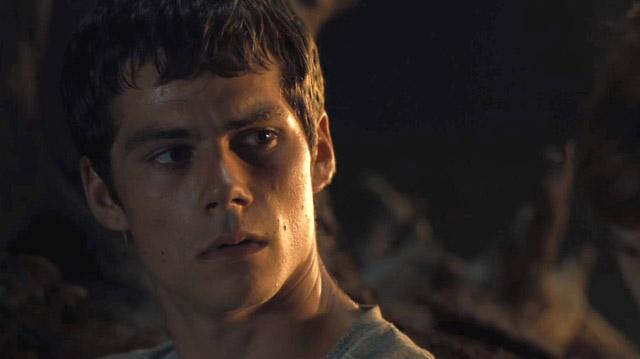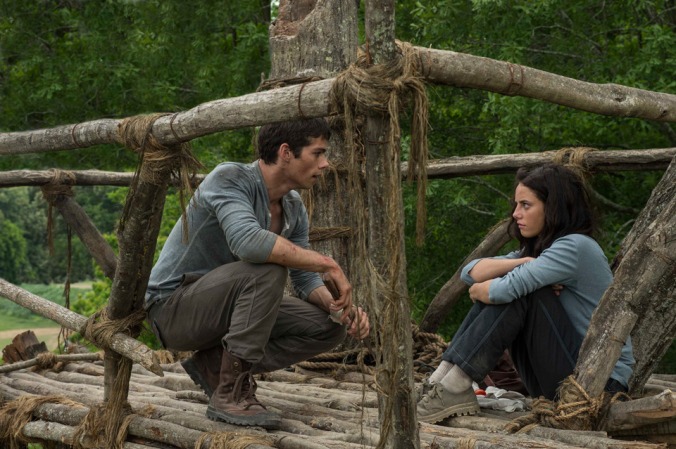The year 1999 has been getting a lot of buzz lately. It’s been argued as one of the best years in film history, with movies like Fight Club, The Matrix, The Sixth Sense, and of course The Blair Witch Project being released. 15 years later, plenty of people have taken it upon themselves to revisit some of these movies to see if they stand the test of time, and what made them so revolutionary for their time.
What’s interesting about The Blair Witch Project, which was released 15 years ago this July, is that, while it’s considered to be a breakthrough in horror cinema and even film as a whole, it only holds a star and a half user rating on Netflix. How can something so highly regarded by so many critics be so universally hated by today’s movie streamers?
Let’s start at the beginning. Blair Witch has always garnered some interest from me. I can be very critical of horror movies. I often roll my eyes when I have movie nights with friends and they pick some terrible 2010s horror film. Don’t get me wrong. I like horror movies, but they can’t be too redundant and they have to be done right. If you ask me, Blair Witch definitely fits that criteria. I first watched it with a friend this summer. He told me it was the movie that introduced him to the horror genre – something I still find odd today when there are movies like The Exorcist and Halloween that exist.
If you haven’t seen it, Blair Witch is a found footage movie. It’s actually the film that popularized the found footage horror film genre. Movies like Paranormal Activity and Cloverfield can thank the low budget 1999 horror film. The difference between Blair Witch and Paranormal Activity, however, is at the time, people didn’t know whether or not Blair Witch was real or fiction. This is something that, to me, is admirable. It’s something that you won’t find in cinema today, and almost an argument that the lack of technology and resources in 1999 made the horror genre scarier.
Blair Witch follows three film students who travel to Burkittsville (formerly Blair), Maryland in October of 1994 in order to film a documentary about the local legend of the Blair witch. Heather Donahue takes colleagues Josh Leonard and Mike Williams to Burkittsville to interview locals and go in search of a cemetery in the woods. They were last seen the day before they entered the woods and were never found again. Footage of their camping trip was found deep in the woods buried far below the ground.
As the audience watches the camping trip unfold on-screen, it soon becomes obvious that the trio has no idea where they’re going. Heather, who originally assured the other two that she knew how to get to the cemetery, takes a while to admit that she’s lost. The map that was given to her before entering the woods leads them nowhere. After several days of walking during the day and camping at night, they start to realize that they’re traveling in circles. Despite walking a full day in one direction, they end up in the same place they were the day before.
Suddenly the stories of the cursed Blair witch, and Rustin Parr, the man that murdered seven children out in his house in the woods nearly 50 years before the events of the film, become very real.
Perhaps the reason Blair Witch holds a bad rating on Netflix is because there’s never any “jump out of your seat” scares. Not even toward the end. The terror that comes with this film is subtle, but it stays with you long after you’ve watched the movie. It helped instill the idea that sometimes offscreen scares can get the biggest reaction. There’s very, very minimal gore and nothing that pops up on screen that will make you scream aloud.
For me, the thing about Blair Witch that scares me the most, is finishing the movie and thinking that this could happen to me. The subtlety about it. The fact that it’s so lowkey. It makes it all the more believable. There’s a reason why people, at the time, thought it was all real. Going camping in the woods and getting stranded, unable to leave no matter how hard you try, hearing terrifying noises at night, and waking up to find bundles of sticks and piles of rocks that were not there before… That is terrifying. Something about it just sends chills down my spine.
Donahue, Leonard, and Williams all went by their real names for the film, grounding it in reality. A website was set up dedicated to the film, and is still active today. It’s been updated, however, to advertise the film on DVD. At the time it served as a promotion for the movie. Pictures of the “lost” filmmakers are featured on the site with backstories about them. A mythology section is set up to explain the timeline of the Blair witch legend, the story of Rustin Parr’s murder spree, and the events that happened in the film. In addition, photos of things like Josh’s abandon car, found footage, and the filmmaker’s found equipment make it all the more real. This website is so 90s – and so creepy – it makes me want to have a mini heart attack just looking at it.
You can hopefully see the breaking type of cinematic experience Blair Witch was during its day – pulling together low budget footage, the internet, and word of mouth to create something so much bigger and more impactful than intended. The movie is largely open for interpretation, especially with the final scene.
[Major spoilers ahead]
Toward the end of the film, Josh goes missing while on watch one night, leaving Heather and Mike to fend for themselves. In the last stretch of the movie, Heather finds Josh’s bloody shirt wrapped in a bunch of sticks along with what appears to be bloody teeth or bone. Mike and Heather hear what sounds like Josh’s screaming from afar and go looking for him – eventually leading them to what is assumed to be Rustin Parr’s old home. The final scene shows Heather walking around with her camera in search of Josh. She eventually heads down to the basement where we see Mike standing in the corner. In the stories of Rustin Parr’s murders, he would make one child face the corner while he murdered another. In this final scene, we see Mike facing the corner for just a moment before the camera drops to the ground.. We can only assume that this is when Heather is killed.
One fan theory states that Josh was singled out from the beginning. His belongings were tampered with. Much like Rustin Parr before him, the spirit of the Blair witch possesses him and drives him to kill his friends. When we hear him screaming, we are hearing him scream as he pulls out his own teeth. Heather and Mike go to the old home to be killed by him.
Another theory suggests that the three filmmakers travel back in time at some point during their trip. Rustin Parr’s home is originally believed to be burned down, but we see it at the end of the film. In addition, the characters are never able to find their way back to the road despite walking for hours. What might explain this is the fact that the road wasn’t even there yet. Traveling back to a time when the road hadn’t been built – perhaps a time when the Blair Witch or Rustin Parr still inhabited the woods. The footage had been said to be found deep below the ground in a place that it couldn’t have been placed in recent years.
Just thinking about all these possibilities is giving me chills. This is something that modern horror rarely does. Something so subtle and open for interpretation, I believe, is a great way to go to get scares. You might not be screaming while watching the film on Netflix in your living room. But when you go to bed, the next time you travel through an area densely populated with trees, the next time you go camping, or even the next time you go out for a drive alone in the dark, you’re going to be thinking of this movie. At least that’s what I did for some time after viewing it.
I think that’s a great achievement for the filmmakers. Despite its low Netflix rating, arguments by many that it’s not scary, and rants about its out-of-date grainy camera style, The Blair Witch Project is one of the scariest films I’ve ever seen, and it definitely holds up fifteen years after its release. Cheap scares seen today can never hold up to the offscreen scares in this movie. It saddens me to think that we probably won’t experience a cultural phenomenon like this again, but it’s nice to look back and appreciate something that had such an impact on a popular genre today, and to know that it was truly revolutionary for its time.
